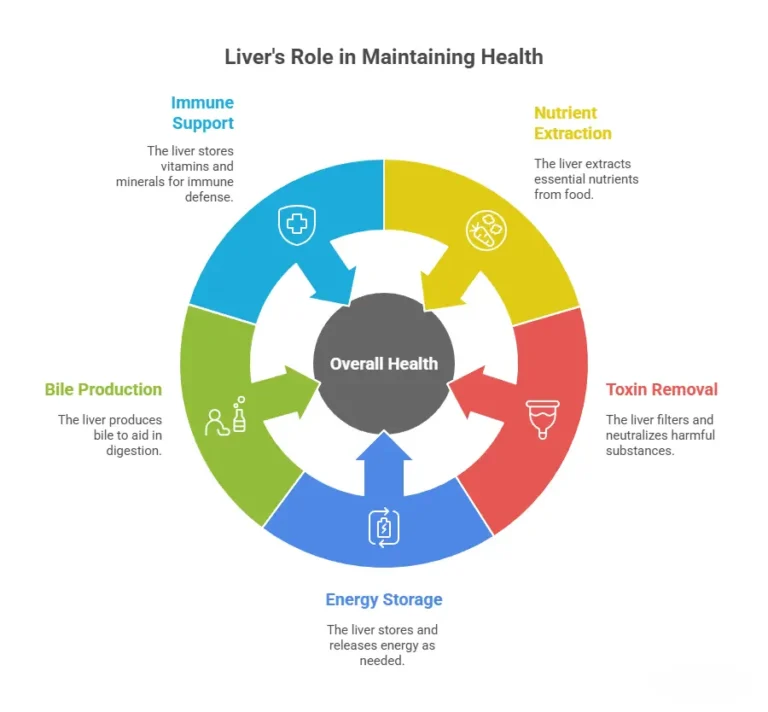Your Liver, the Silent Guardian: Vital Functions and Warning Signs You Should Know

Your Liver, the Silent Guardian: Vital Functions and Warning Signs You Should Know The liver is a true silent superhero in your body. Although it often goes unnoticed, without it, life wouldn’t be possible.This organ, about the size of a…